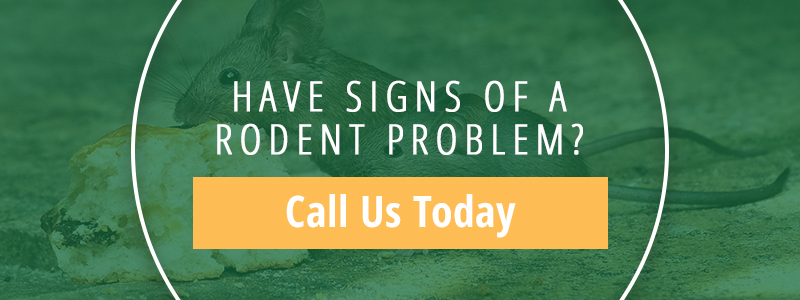The Future of Food: Can Bugs Save a Hungry Planet?
As the population continues to boom, humanity is slowly running out of resources, some by the middle of this century. There will be just too many people to sustain. Experts agree that the world population will reach nine billion by 2050, at which point the demand for food cannot match the population growth.
What is even scarier is that the hamburger you enjoy so much and take for granted might not be available in 2050 due to a shortage of meat. In fact, by 2050, you might not be able to find a steak, hot dog or enough roast beef to make a French Dip.
Man, that’s scary. That is even more chilling if you aren’t a vegetarian.
Experts believe the food system must be transformed as the demand for food will be so high. This demand for food must be met despite growing competition over land, a shortage of water and flatlining crop yields.
If the food demand is not met, food prices will rise dramatically, even in times of financial growth.
But there could be a solution, a rather easy one at that. You see, while hamburgers might be difficult to come by in 2050, there will be an abundance of insects to feed on. That’s right, eating bugs is the solution.
Our aversion to the idea of eating bugs is partly a cultural bias. There are several cultures that believe insects are a delicacy. The people of these cultures enjoy sugar-ant donuts, crispy moth larvae and bags of roasted crickets. These are just a few of the insect foods you can find around the world.
However, eating insects in the United States is usually hit with a “that’s gross” response. The reality is that bugs are harmless, densely packed with protein, fats and vitamins. So forego that cheeseburger from Wendy’s and grab a bag of roasted crickets instead.
Earthwise Pest Management, your pest control service in Sacramento, offers bugs that you can eat.
Snails and Slugs
It is quite difficult to think about slugs and snails as anything but annoying, slimy garden pests. And they are certainly not very appetizing to look at. But slugs and snails can be harvested in the early hours of the morning hiding under rocks, logs and in heavy vegetation. Due to their diet of decaying vegetation, slugs and snails should be purged before sliding them down your throat.
Snails and slugs can be boiled, roasted or even deep-fried with some nice green tomatoes.
Termites and Ants
In many parts of the United States, ants and termites are quite prolific. One simple way to harvest ants is by poking a stick into their nest, pulling it out and knocking the ants into a sheer-sided container. The ants should be quickly killed as they tend to secrete an acid when they are stressed.
We heard that black ants are rather plain but fire ants are spicy. Makes sense.
You can roast or fry ants with a touch of salt for flavor.
Moth Larvae
Most moth larvae are edible, but make sure you pay attention to the color. Larvae with colors like red, black, orange or yellow in them indicate that they have been feeding on poisonous plants. Eat these larvae and you could get ill.
Roasting is the preferred method for preparing larvae. People say that once you get over the gross factor, they actually taste pretty good. Or so we have heard.
Locusts
What would happen if your city or town got hit by a locust swarm? Why, you would have a feast to be sure.
If you are really hungry, you can use a net to catch as many as you can. It sure beats hunting them hand individually.
Crickets
Crickets are a part of traditional diets in many cultures. Plus, they are easy to catch. All you have to do is put a little sugar in a jar, sink it into the ground and leave it overnight. In the morning, you will have a jar full of crickets ready to be consumed.
Traditionally, crickets are dry roasted and perhaps sprinkled with a bit of salt. They also taste great in soups and salads.
Of course, eating insects is still something to consider in the future. Right now, all you want to do is get rid of the crickets in your house. Time to call Earthwise Pest Management.

